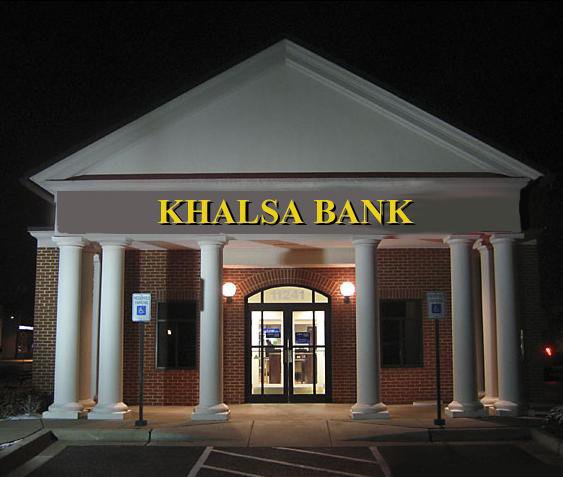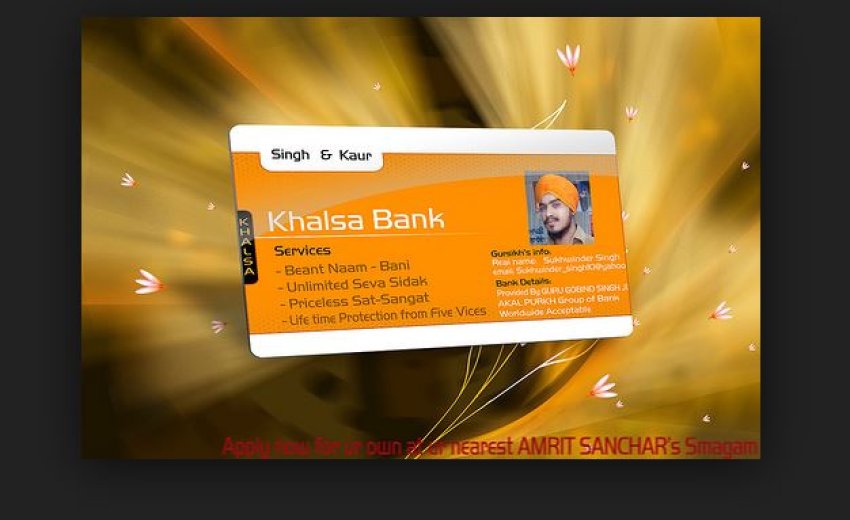
I had a long and interesting conversation with a friend of mine this weekend on different attitudes towards finance and charity between different world religions. We noted that both Judaism and Sikhi require a 10% charitable contribution, in addition to service, which has no upper or lower bound and serves a different purpose. This dovetailed with a conversation I had with a few friends, including one who is an Islamic banker in Dubai, about religious concepts of usury, interest, and charity.
For many low-income and poor communities, asset/wealth creation is a major hurdle, and access to financial/resource markets and services is non-existent. Although Sikhi has strong proscriptions against materialism, greed (moh), and attachment (maya), it also has a redistributive element. While simplicity is embraced, wealth is not necessarily wholly eschewed (if earned honestly and put to just uses).
If a financial institution were opened upon Sikh principles, what would it look like, to you? What kind of services would it offer, or how would it help address the structural exclusion of the poor? For example, I could imagine very low interest or no interest loans, but perhaps other infusions? In other time periods, Sikhs built free clinics and community schools. Khalsa College, on an endowment from one of its funders, still offers free college tuition to local residents (regardless of religion). What are the kinds of "assets," beyond simply wealth, that could contribute to Sikh principles of economic justice? Do you feel such principles (i.e., economic justice) exist in Sikhi?
- Posted at TheLangarHall.com by Camille on Monday, June 9, 2008
